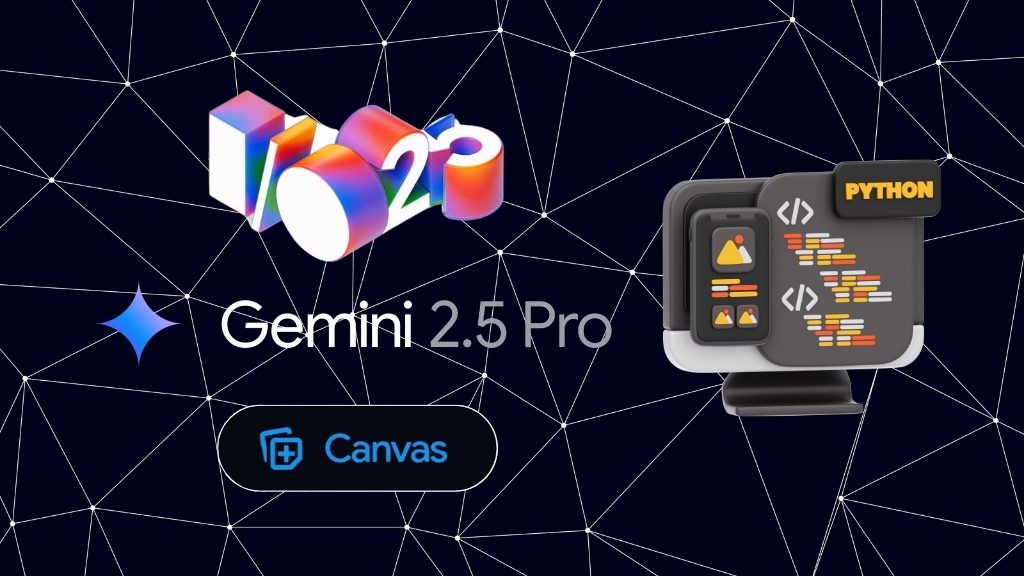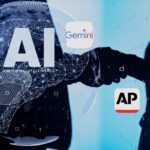Google’s engineering and product teams unveiled a groundbreaking Gemini-powered web app at I/O 2025, revolutionising how real-time statistics and key developments are presented at major tech events. The initiative demonstrates the transformative potential of advanced AI models in data visualisation and interactive experiences.
The innovative web application, developed using the Gemini API and integrated within Google AI Studio, provides both on-site attendees and remote viewers with access to a dynamic dashboard displaying I/O statistics, model improvements, and product milestones. Developers utilised Gemini 2.5 Pro’s reasoning capabilities to extract insights from live event data and web sources through intuitive prompts.
Real-time visualisation emerged as a standout feature, with the application continuously updating metrics including user engagement, API usage, and product adoption throughout keynote sessions. A Google product manager highlighted during the keynote: “The Gemini-powered dashboard gave us a live pulse on how developers and users were interacting with our tools.”
The technical architecture leverages recent enhancements to the Gemini platform, specifically Gemini 2.5 Pro and Flash, enabling swift prototyping and deployment of interactive web experiences. The integration of the Model Context Protocol (MCP) streamlined development by simplifying connections between open-source tools and proprietary APIs.
This implementation represents a significant advancement in digital event experiences, establishing new standards for conference analytics and insight communication. The platform processed millions of developer interactions, API calls, and product updates, whilst offering personalised exploration of specific topics.
The dashboard’s contextual data analysis capabilities proved particularly valuable, tracking engagement spikes during key announcements such as the introduction of Gemini 2.5 Flash Native Audio and Google Meet’s enhanced speech translation features. This granular insight enables product teams to understand audience preferences better and guide future development.
Looking towards the future, this successful implementation opens new possibilities for AI-driven solutions across education, business, and public sector applications. The platform’s success demonstrates how advanced AI models can make complex information more accessible and actionable for diverse audiences.
The project highlights the growing convergence of data analytics and storytelling in technical presentations. By automating content organisation and statistical analysis, the platform exemplifies how AI can enhance both information delivery and audience engagement in professional contexts.
As showcased during the Dialogues stage at I/O, this technology represents a significant step forward in human-information interaction, creating more personalised and proactive experiences across Google’s ecosystem. The integration of contextual reasoning with real-time data processing opens unprecedented opportunities for innovation in data presentation and analysis.
Source: Google Blog









